
200 Books + Groupthink = Guinness World Record


Welcome to Wednesday, futurists.
If you hadn’t heard of Alex Hormozi before this weekend, nobody would blame you.
If you still haven’t heard of him, it’s probably for the best. The author of the $100M Money Models books began a livestream on Saturday that subsequently set a Guinness World Record for the fastest-selling non-fiction book, at 2.9M units on a single day (August 17th, 2025).
His tactic? He sold them in bundles of 200 for the low-low price of $5,998 for you to “donate” to your social media followers upon delivery (most are asking you to pay for shipping; and often in trade for social follows, comments, and engagement).
That’s right, you just became a Whore-mozi. You’re going to live in 3P-Hell for the next few months, getting rid of hundreds of books. What do 200 books look like? IT’S A LOT OF BOOKS.
How’d he do it? It wasn’t the livestream (you know my thoughts on livestreaming). While the filter bubble of internet marketing bros praised his tactics, they missed his strategy altogether: build a following over a decade, give away content, drive affiliates hard to build a turnout, and prey on the moment of uncertainty (economic, social, AI) to drive certainty ($100M playbooks!).
What’s more, you’re a philanthropist now—you’re donating books (yes, I used an emdash). How generous of you!
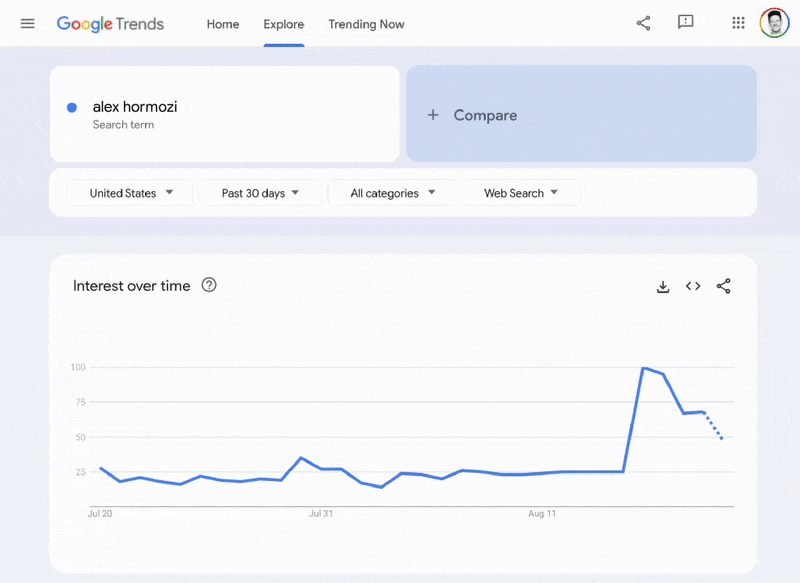
However, the direct marketing hustle bros will all learn the wrong lesson from this moment: you live in an algorithmically-powered echo chamber. You think Labubus are everywhere? Dubai Chocolate? You think Hormozi is everywhere?
Normal people don’t even know who MrBeast is.
— Phillip
P.S. Do you like Blues/Rock or Comedy? If we throw a party in Chicago next month, would you come? Hit reply.

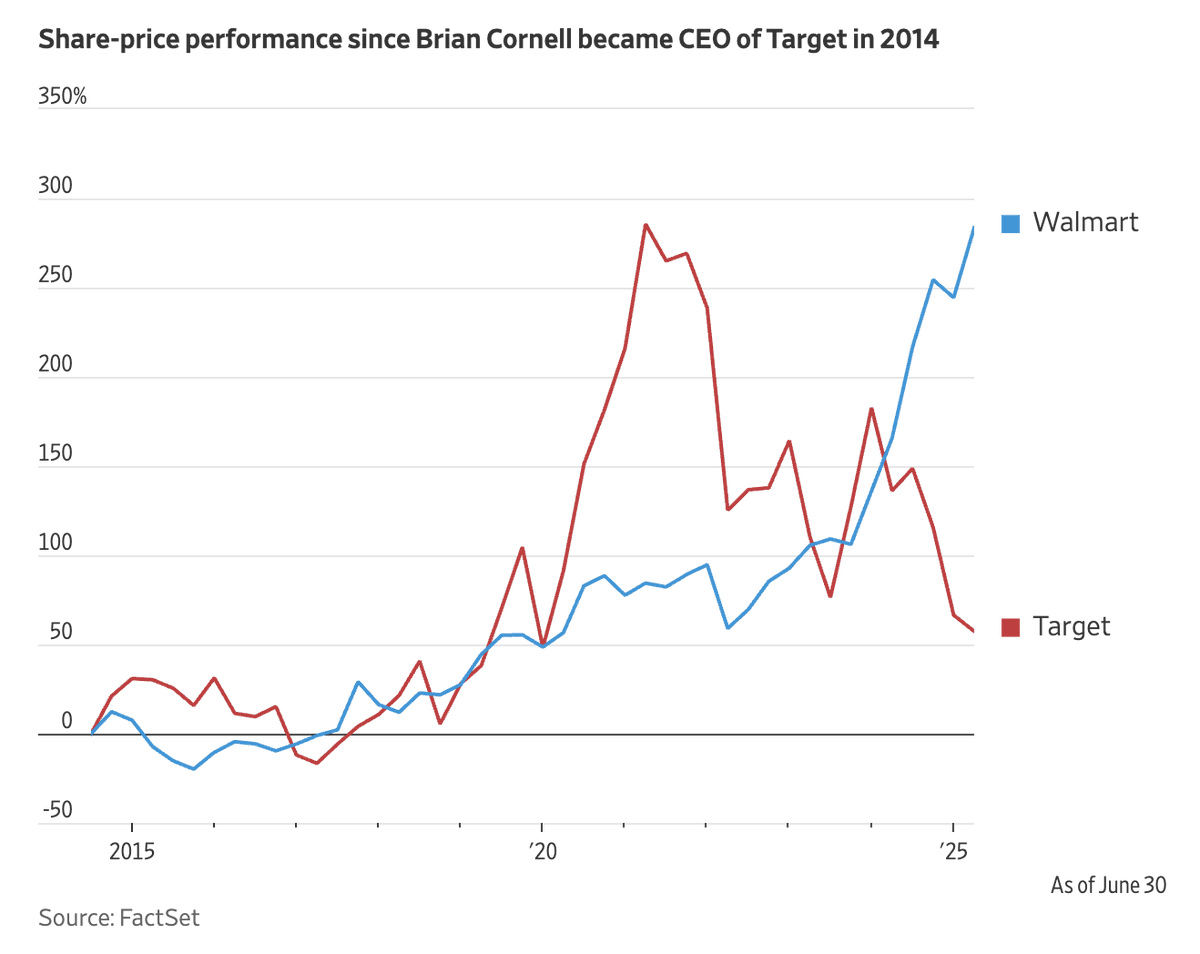
Missing the Mark. Target is entering a new era as longtime CEO Brian Cornell prepares to step down on Feb. 1, 2026. The leadership change comes on the heels of a turbulent Q2: net sales slipped 0.9% to $25.2 billion, store comparables fell 3.2%, and comps were down 1.9%. This is only the latest in a series of performance missteps for the retailer, which was once considered a gold standard in omni-channel operations. The company recently severed its high-potential partnership with Ulta and has suffered quarters of store traffic drops due to shopper boycotts.
Typically, an executive shakeup for an ailing organization would be a breath of fresh air, but with COO Michael Fiddelke taking the reins, the response seems more like an exasperated sigh. Although Fiddelke has the experience (he’s been with the company for 20 years), the retailer’s ongoing culture war, coupled with reports of increasingly dismal in-store merchandising, would make an outsider more ideal.
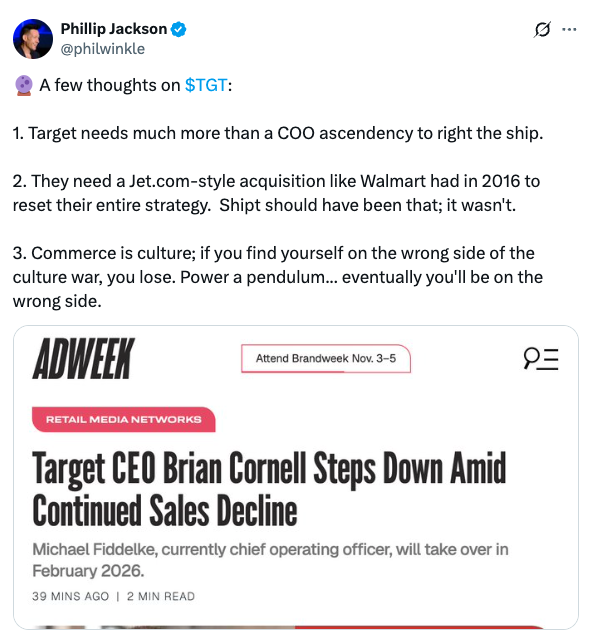
Will Fiddelke’s perspective be fresh enough to steady the retailer’s aim on the bullseye?
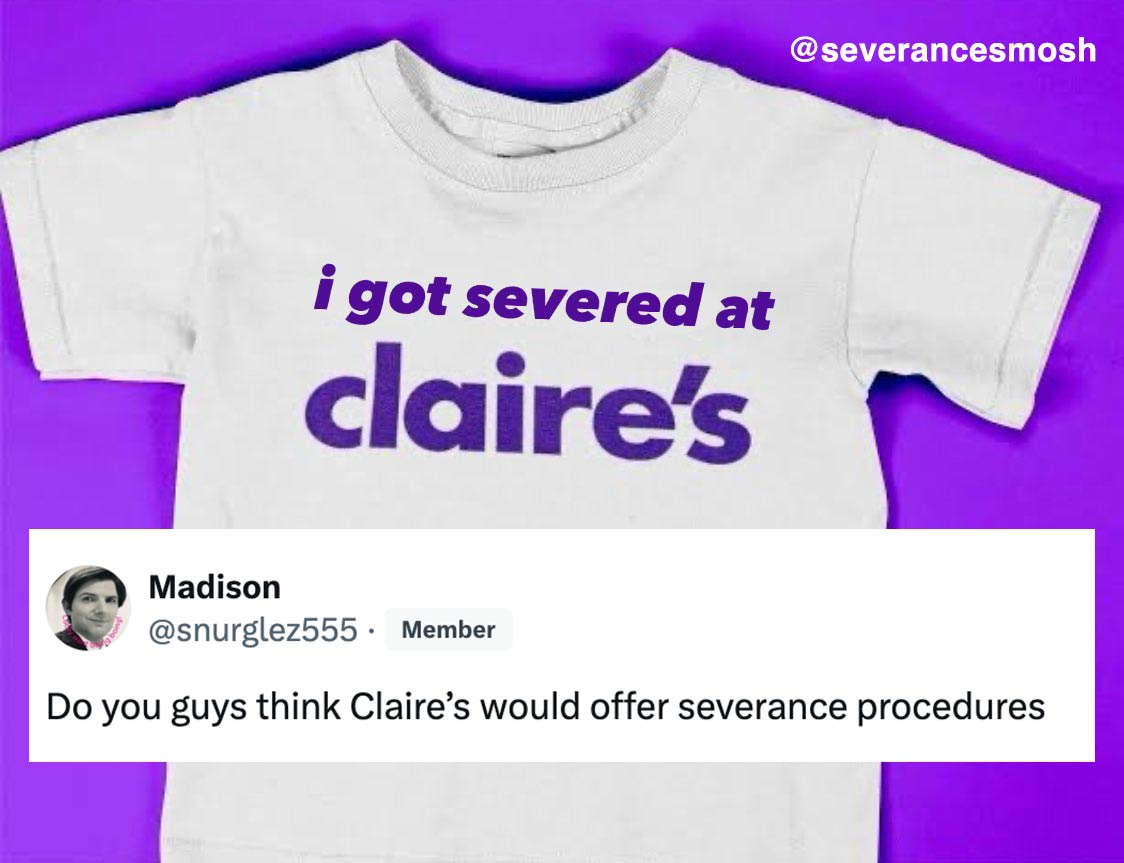
Claire’s Chapter 11 Gets Put on Icing. Claire’s is pausing its liquidation after selling most of its North American business to private equity firm Ames Watson, just weeks after filing for bankruptcy protection. The tween jewelry retailer and sister accessories store, Icing, were collectively burdened by nearly $500 million in debt. The deal will help preserve a significant retail footprint.
Ames Watson has helped brands in its portfolio like Lids and South Moon Under recover, but Claire’s history may raise some doubts: it last filed for bankruptcy and restructured in 2018. Although the company eliminated $2 billion in debt and made significant investments in new channels like Roblox, its headline-making turnaround lasted for a limited time. In fact, Phillip called the retailer’s inevitable demise back in February.
If you’ve been reading The Senses or listening to the pod, you know Claire’s is hardly alone. We have seen a wave of retail restructurings, M&A activities, and brands going private, from Express filing Chapter 11 to Rue21 liquidating its stores, Joann Fabrics’ bankruptcy driving an IP sell-off to Michaels, and now Guess also going private. Together, these moves reflect a major shakeup among mall-based retailers, despite younger consumers continuing to flock to these retail destinations.
Or maybe they can start doing Severence procedures?

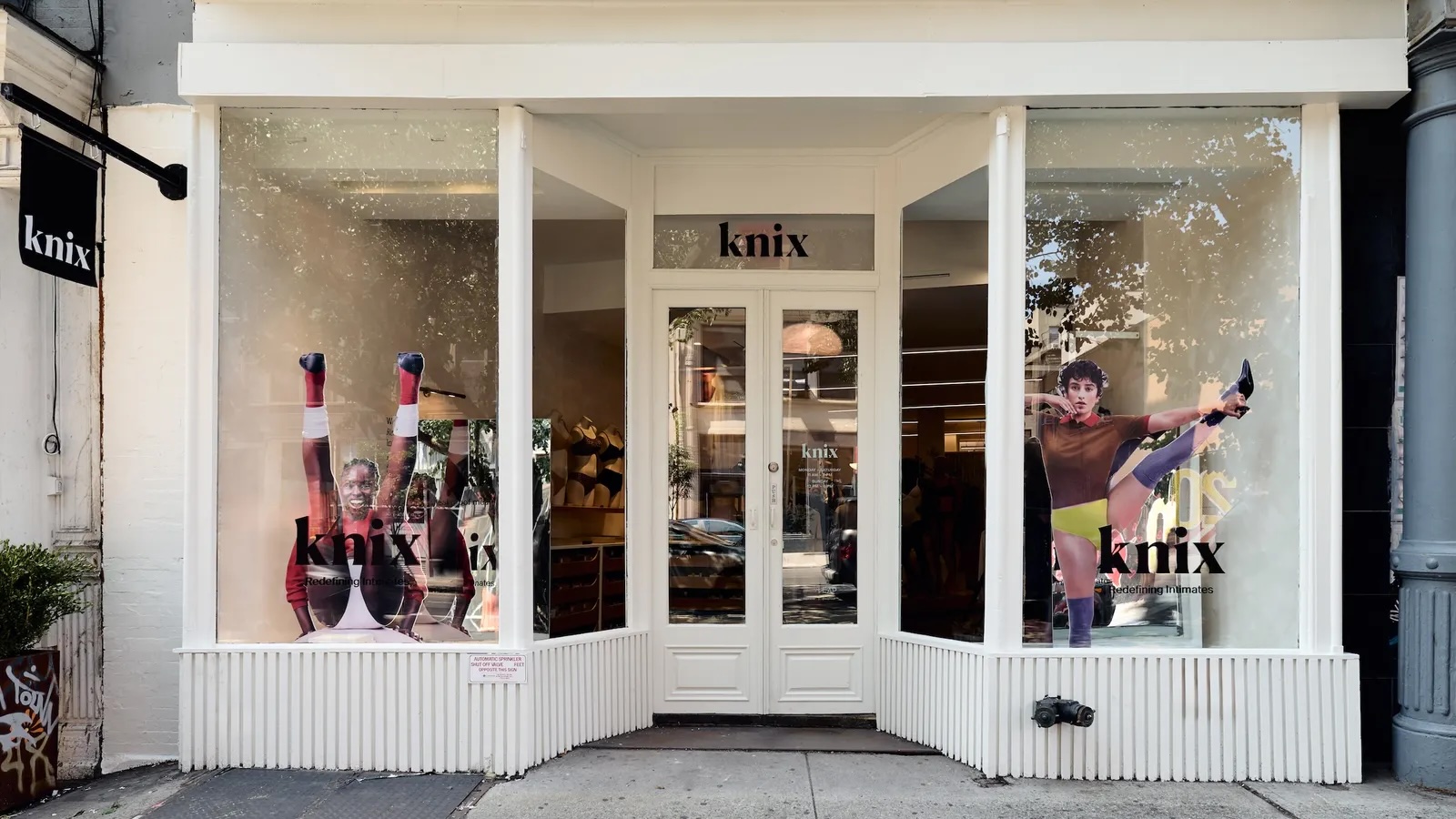
Retail 2.0. Knix is making a major bid for the US market with the opening of a 1,400-square-foot flagship in SoHo, New York. The DTC intimates brand, known for its leakproof underwear, bras, and activewear, is leaning into experiential retail with bra and underwear “bars,” mobile checkout, and a dedicated section for teen line Kt by Knix.
The move comes after Knix shuttered three California stores in 2021, marking a cautious but bold re-entry into the U.S. brick-and-mortar scene. The Canadian brand also recently launched a star-powered marketing campaign led by actress and actual brand fan Kristen Bell. The “You’re Good” campaign was designed to be a celebration of confidence, comfort, and good ol’ straight talk. Both initiatives show that Knix is doubling down on direct and human connection to drive brand awareness and boost loyalty in its next growth phase.
🔮 Want a deeper look into Knix’s growth playbook? Our very own Elizabeth Schmidt sat down with Chief Commercial Officer Nicole Tapscott to chat about how the brand is harnessing the power of authenticity in a post-DTC world. You can listen to the conversation here.
Did LV Break the Luxury Flywheel? Cosmetics have been an effective entry point for consumers who want a taste of luxury, but Louis Vuitton’s latest makeup line may be breaking that strategy entirely. La Beauté Louis Vuitton, developed in partnership with Dame Pat McGrath, will hit shelves worldwide on August 29, starting with a limited release in China today. The collection debuts with 55 lipsticks and tinted balms priced at a staggering $160, alongside eyeshadow quads valued at $250. All three products are refillable: $69 for the lip products and $92 for the eyeshadows. The release comes after parent company LVMH reported a 4% decline in revenue and 22% plummet in net profit for H1 2025.


Nowstalgia, Served Fresh. McDonald’s continues to capitalize on the hype surrounding the return of McDonaldland, this time with an apparel collab developed with Pacsun. The campaign kicked off earlier this month with a nostalgic value meal, serving as an ode to the 70s-era imaginary land, and other digital marketing components. Now, brand fans can literally wear their love for the Golden Arches on their person: The Pacsun x McDonaldland line features vintage-inspired sweat sets, baby tees, hats, and travel-themed souvenirs that tout fictional McDonaldland landmarks.
Our Take: With activations at ThriftCon, NYC’s Pacsun SoHo store, and even a tie-in with McDonald’s loyalty app, the collab and supporting campaign blend modern digital engagement and Gen Z’s innate desire for comfort and emotional connection. In a recent webinar, MG2 Advisory’s Melissa Gonzalez referred to “nowstalgia,” a term that reflects how Gen Z’s love of authenticity and sentimental references can turn transactional experiences (online and in-store) into something far more resonant. Given Pacsun’s focus on Gen Z and even Gen Alpha, this is a way for the brand to tap into a globally recognized enterprise (McDonald’s) and trigger a nowstalgic need. You can dig into this concept further by watching the on-demand session here.









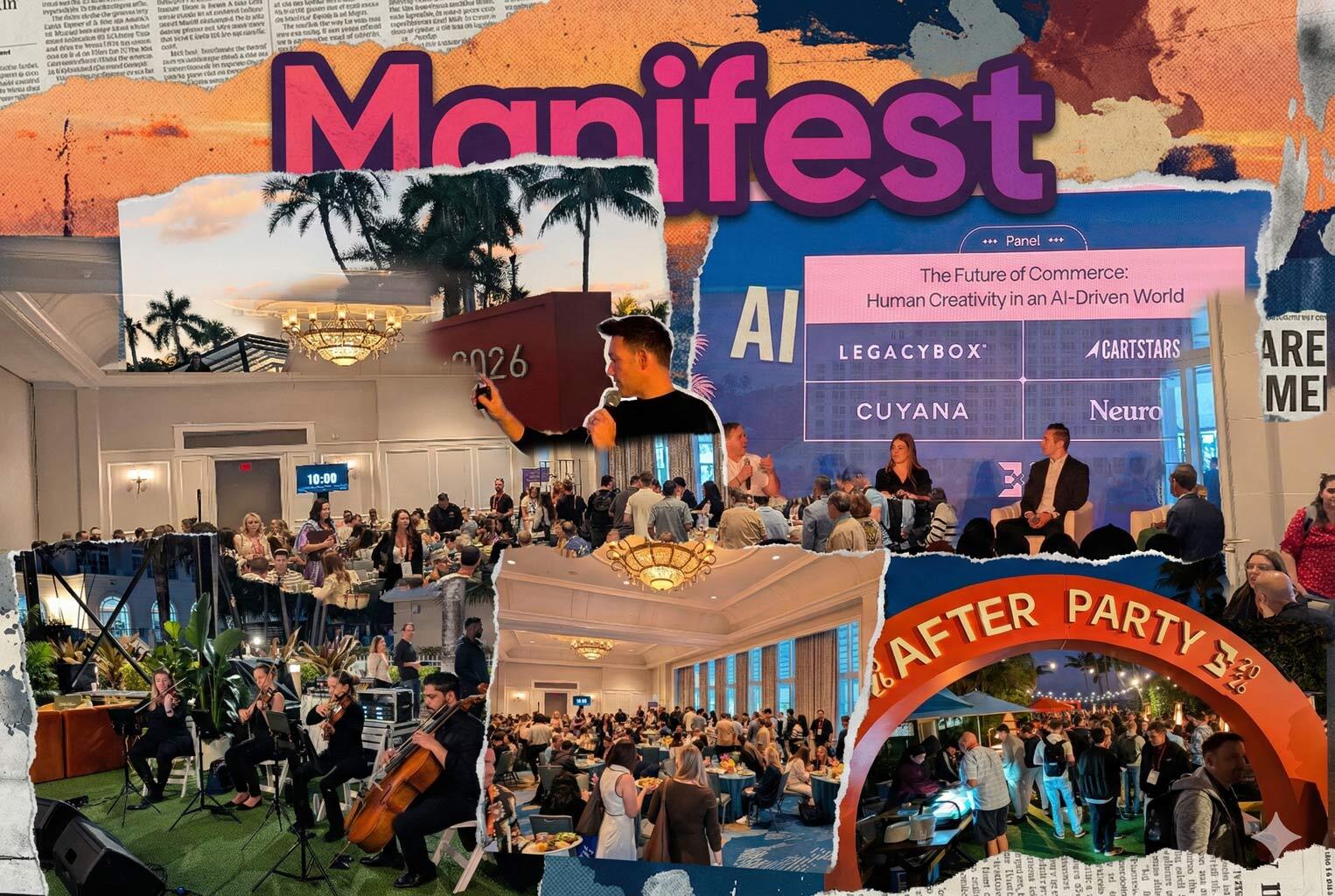
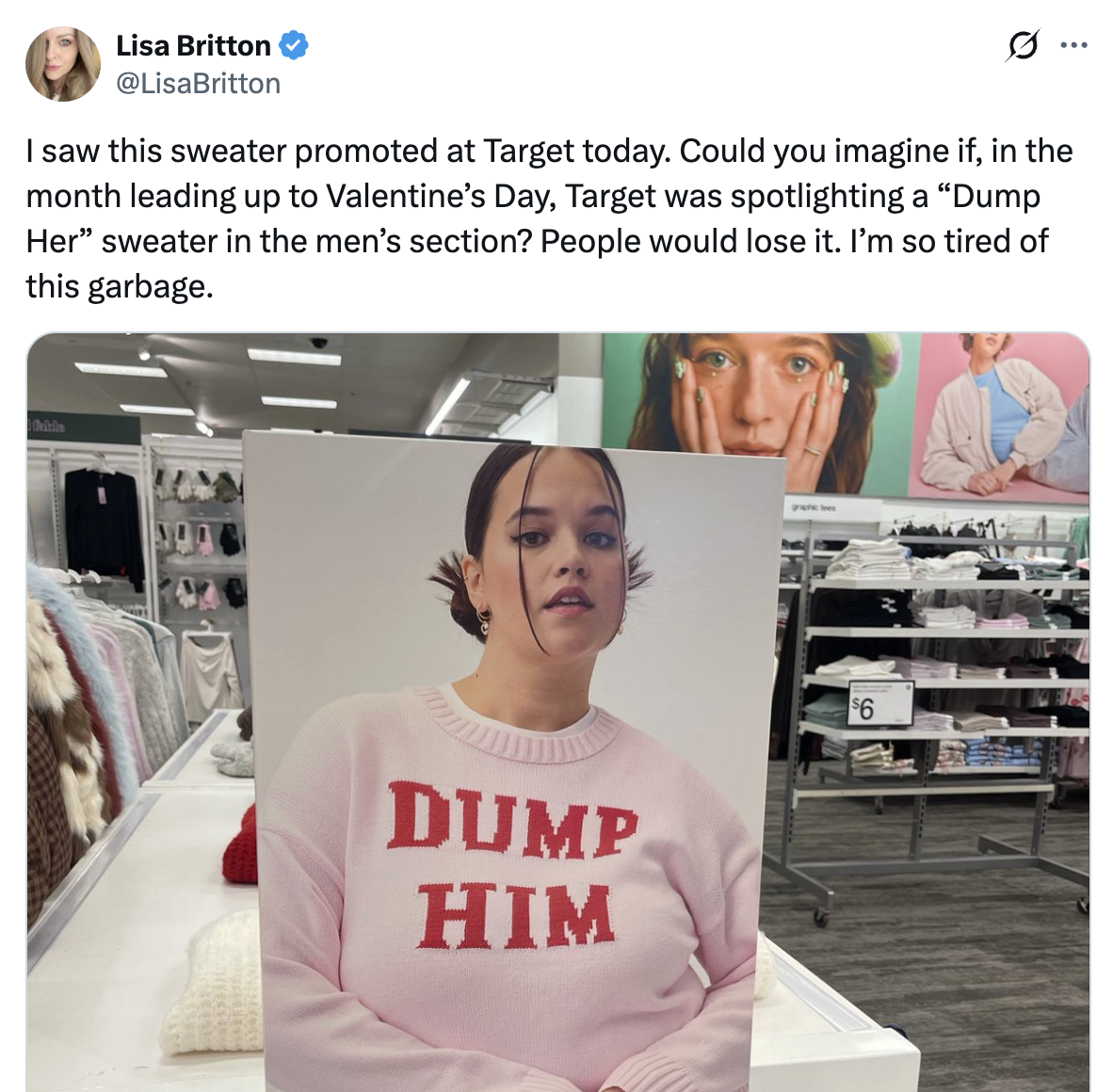
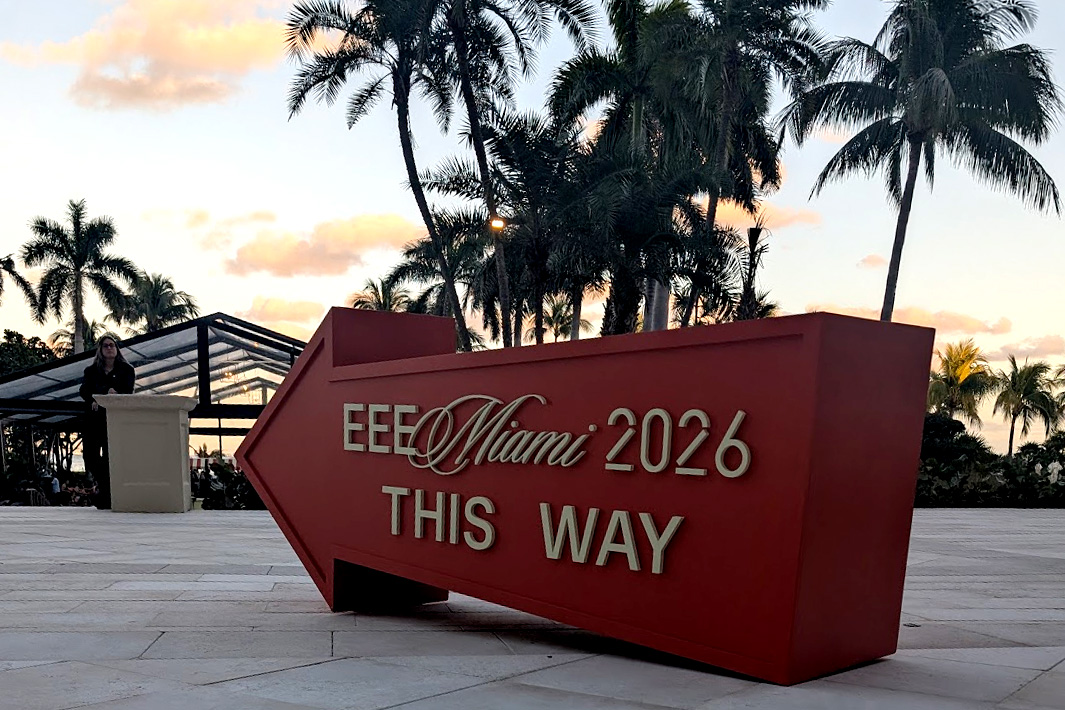
.svg)
